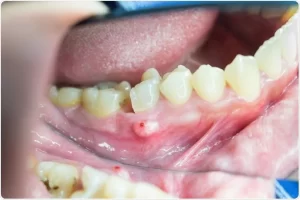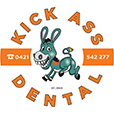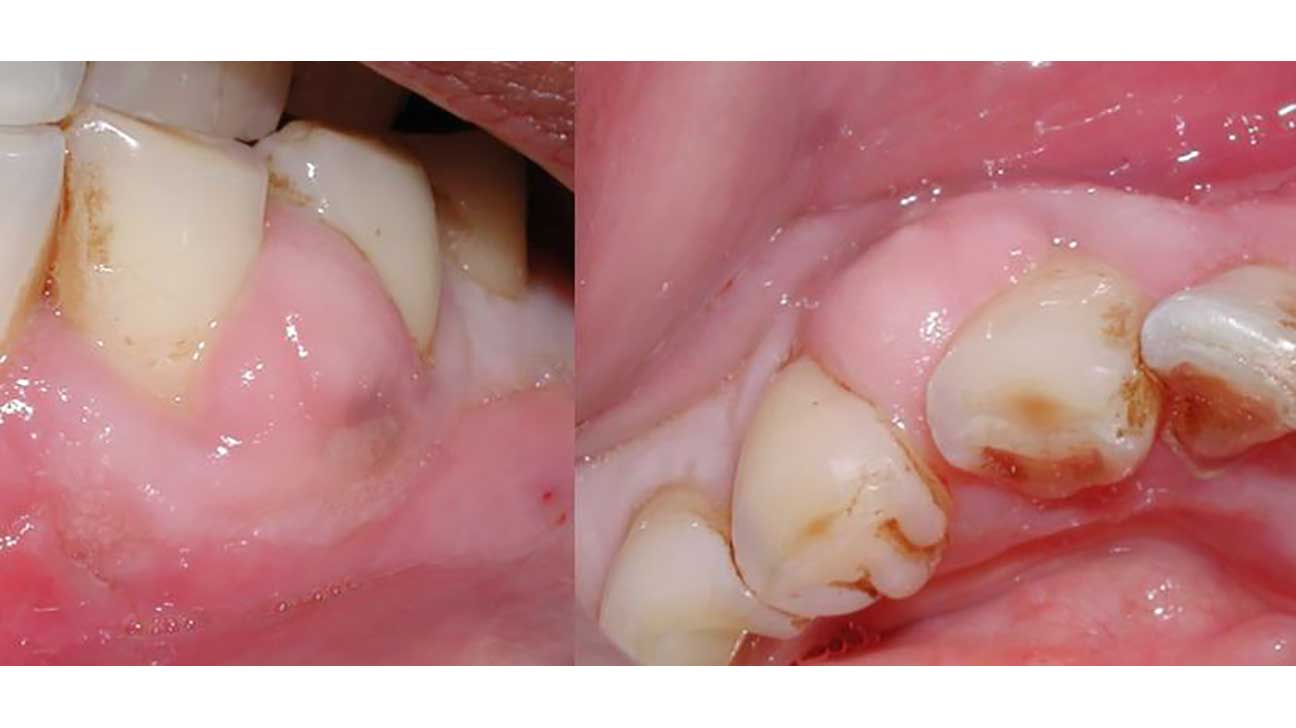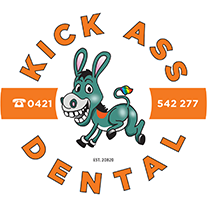What Are the Symptoms of a Tooth Infection?
Introduction
A tooth infection, also known as a dental abscess, is a common dental problem that can cause significant discomfort and potential complications if left untreated. It occurs when harmful bacteria invade the dental pulp, the soft center of the tooth containing nerves, blood vessels, and connective tissues. Identifying the symptoms of a tooth infection early on is crucial for seeking timely dental intervention and preventing further oral health issues. This article will discuss the various signs and symptoms of a tooth infection to help you recognize and address this problem promptly.
1. Persistent Toothache
The primary symptom of a tooth infection is a persistent and throbbing toothache. The pain may start off as mild discomfort but can gradually intensify over time. The affected tooth may become increasingly sensitive to temperature changes and pressure, making it difficult to eat or drink comfortably. The pain may radiate to the jaw, ear, or neck on the same side as the infected tooth.
2. Swelling and Tenderness
As a tooth infection progresses, you may notice swelling in the surrounding gum tissue. The area around the infected tooth can become red, tender, and inflamed. The swelling may cause visible enlargement of the affected cheek or jaw, leading to discomfort while chewing or talking. If the infection remains untreated, the swelling can spread to other parts of the face, causing more severe complications.
3. Pus Formation
In some cases, a tooth infection can lead to the formation of pus. Pus is a thick, yellowish-white fluid that accumulates at the site of infection, and it may drain through a pimple-like bump on the gum near the infected tooth. This drainage can cause an unpleasant taste in the mouth and foul-smelling breath.

4. Fever and General Discomfort
As the body’s immune system tries to fight off the infection, you may experience systemic symptoms such as fever, headache, and a general feeling of unwellness. Fever is a sign that the infection has become more severe and requires immediate attention from a dental professional.
5. Difficulty Opening Mouth
In advanced cases of tooth infection, the swelling and inflammation can affect the jaw joint, leading to difficulty in fully opening the mouth. This condition, known as trismus, can be painful and limit your ability to eat or speak.
6. Lymph Node Enlargement
When a tooth infection spreads, nearby lymph nodes may become enlarged and tender. Lymph nodes are small, bean-shaped structures that play a crucial role in the body’s immune response. If you notice swollen glands in your neck or under your jaw, it could be a sign of a spreading dental infection.
7. Discoloration of the Tooth
In some cases, a tooth infection can cause the affected tooth to become discolored. The tooth may appear dark yellow, gray, or black, indicating that the infection has reached the tooth’s inner tissues.

8. Gum Boil Formation
If the pressure from the pus buildup becomes intense, a gum boil (also known as a parulis) may form near the infected tooth. A gum boil is a red, swollen bump on the gum that contains pus. It is essential not to attempt to burst the gum boil on your own, as it can worsen the infection and spread bacteria. https://kickassdental.com.au/dentist-in-ashfield/
Conclusion
A tooth infection is a serious dental condition that requires immediate attention from a dentist. If you experience any of the symptoms mentioned above, such as persistent toothache, swelling, or pus formation, it is crucial to seek professional dental care promptly. Ignoring a tooth infection can lead to severe complications, such as the spread of infection to other parts of the body.
To prevent tooth infections and maintain good oral health, remember to practice regular dental hygiene, including brushing and flossing, and schedule regular dental check-ups. Your dentist can identify potential dental issues early on and provide appropriate treatment to keep your smile healthy and pain-free.





